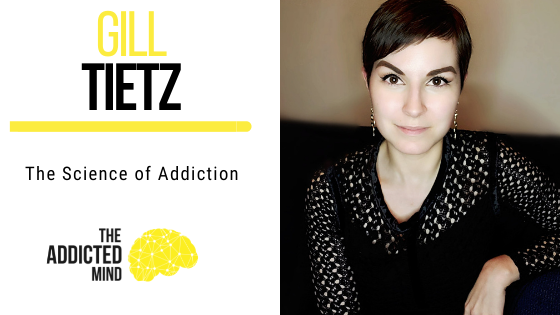Not everyone’s brain reacts the same to alcohol. Some people can process alcohol like a pro. However, as you abuse yourself with alcohol, it makes changes to your reward system and other areas of your brain.
The release of endorphins causes you to feel amazing but when you have such a huge release, the brain compensates and you have a huge drop as well.
Endorphins trigger the release of dopamine. Now, it’s a common misconception that dopamine is released for the body to feel good. However, the whole purpose of dopamine is survival. It’s released to reinforce behavior. It creates a memory of the behavior and why it was good for you. Then it associates the behavior with all the pleasure you’re feeling from the big endorphin release. The better it feels for you, the more that your brain thinks that it’s critical for your survival.
Disconnecting From Emotions
You have to use the objective part of your brain to be able to make more strategic decisions. When you’re very emotional about something, it’s hard to think clearly.
Being able to disconnect yourself from those emotions and just look at the actual facts of what’s going on can help you make good decisions. You begin to realize that your addiction isn’t something you choose to do and that you’re not addicted because you weren’t strong enough. Instead, there were a bunch of risks that were added and subtracted from each other. If they add up enough, your risk of having a problem is very, very high and you do eventually develop a problem.
The Concept of Neuroplasticity
Neuroplasticity refers to the brain’s ability to adapt. When you start drinking, drinking a lot, and eventually abusing it, your brain changes. It makes alcohol feel even better and reinforces that it’s the most important thing. Then your brain tries to balance out the relaxing feeling with feelings of anxiety. This can be undone through sobriety or not drinking.
However, those pathways don’t disappear; they just get used less. If you ignore the perfectly paved alcohol path, it gets overgrown and unused but it never fully disappears. You can strengthen other pathways in your brain by leaving the alcohol path unused but it’s still there. However, if you decide to take the alcohol path again, it will get stronger and stronger and you’ll be right back at it.
If you want to learn more about the science of addiction, check out Episode 158: The Science of Addiction with Gill Tietz.

